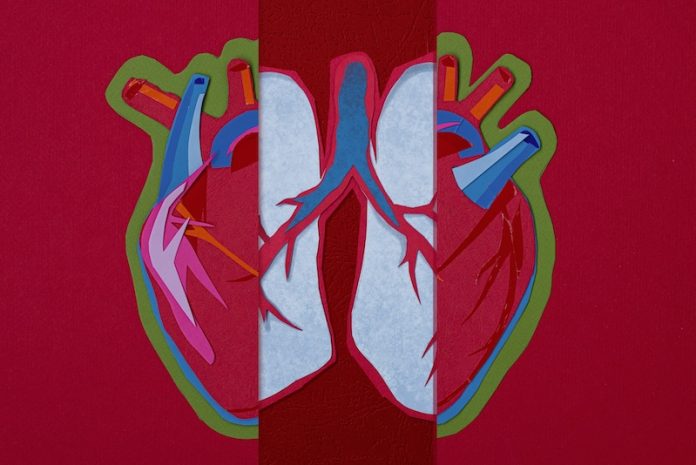
Heart artery blockages, also called coronary artery disease, happen when the main blood vessels that supply oxygen and nutrients to the heart become narrowed or clogged.
This often occurs due to fatty deposits, called plaques, building up in the arteries, along with inflammation. These blockages reduce blood flow to the heart and can lead to serious health problems, including heart attacks.
It’s important to recognize the signs of blocked arteries early. If detected and treated in time, the chances of avoiding life-threatening conditions like heart attacks or strokes improve significantly.
The heart needs a constant flow of oxygen-rich blood to work properly. Coronary arteries are responsible for delivering this blood.
When these arteries are partially or fully blocked, the heart cannot get enough oxygen, and this affects how it functions. Over time, this can lead to severe complications.
One of the most common warning signs is chest pain, also called angina. This pain often feels like pressure, tightness, or squeezing in the chest. It can also spread to other parts of the body, such as the arms, neck, jaw, or back.
Angina usually appears during physical activity or stressful situations and often eases with rest. However, not all heart-related problems come with obvious symptoms.
Some people can experience what’s known as a “silent heart attack,” where symptoms are minimal or absent. This is more common in individuals with diabetes, as the disease can damage nerves and reduce their ability to feel pain.
Shortness of breath is another key symptom of blocked arteries. When the heart struggles to pump enough blood, even light activities or resting can leave you breathless. This symptom should not be ignored, as it might indicate serious heart trouble.
Unusual fatigue can also signal that your heart is not getting enough blood. If everyday tasks that were once easy start feeling exhausting, it could be a sign of an underlying problem. This symptom is especially common in women.
Other symptoms, such as nausea, dizziness, and irregular heartbeats, may also point to blocked arteries. These signs are often subtle and can be confused with other health issues, making it harder to identify heart problems early.
Medical studies stress the importance of recognizing these symptoms quickly. For example, research in the American Journal of Cardiology found that people who sought medical help as soon as symptoms began had better outcomes than those who delayed.
The longer the heart goes without enough oxygen, the more damage it suffers, so acting fast is critical.
Preventing heart artery blockages starts with managing risk factors like high cholesterol, high blood pressure, smoking, obesity, diabetes, and lack of exercise.
Making healthier lifestyle choices can lower your risk significantly. Eating a balanced diet, staying active, quitting smoking, and maintaining a healthy weight are all effective ways to protect your heart.
If you experience any of the symptoms mentioned, it’s vital to see a doctor right away. Early diagnosis and treatment can stop the condition from worsening and improve your chances of recovery.
Simple awareness of these signs and taking steps to manage your health can make a big difference in preventing heart problems and improving overall well-being.
If you care about heart health, please read studies about how eating eggs can help reduce heart disease risk, and Vitamin K2 could help reduce heart disease risk.
For more information about heart health, please see recent studies about how to remove plaques that cause heart attacks, and results showing a new way to prevent heart attacks, strokes.
Copyright © 2024 Knowridge Science Report. All rights reserved.



